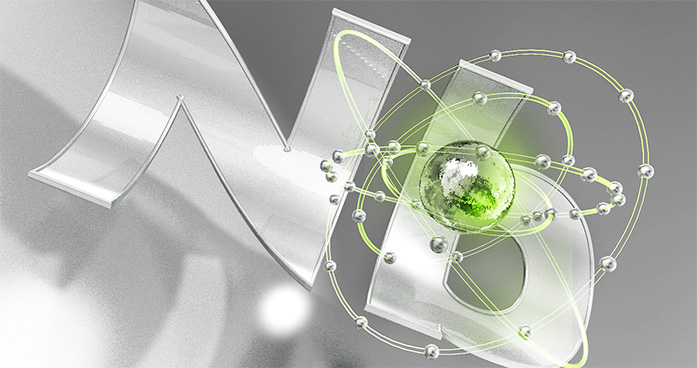SDG 3 – good health and well-beingSDG 6 – clean water and sanitationSDG 7 – affordable and clean energySDG 8 – decent work and economic growthSDG 11 – sustainable cities and communitiesSDG 12 – responsible consumption and productionSDG 17 – partnerships for the goals

To achieve these goals, we utilize the best available technologies in voestalpine’s production plants and continually work to boost efficiency, lower emissions, and reduce the consumption of energy in connection with the existent system of steel production. Our intensive work to research new, environmentally friendly production processes and, not least, to refine materials and products makes material contributions to the company’s environmental footprint as well.
All of these activities are managed through transparent and efficient environmental management systems (EMSs) that have been widely implemented in the voestalpine Group.
voestalpine is committed to the following principles at all of its production facilities:
- To take comprehensive responsibility for our products
- To optimize the production processes
- To establish environmental management systems
- To integrate employees into these processes and ensure environmentally conscious conduct on the part of every one of them and
- To engage in open and professional dialogues
As a result of these consistent efforts, voestalpine has become a leader in the European steel industry, for example, with respect to emission intensity and resource efficiency.
Emissions in the Air, Soil, and Water: minimize using the Best Available Technologies
Process-related emissions cannot be entirely avoided due to the chemical-physical properties of existent production processes. We operate our production facilities pursuant to the principle of using the best available technologies as appropriate and in economically viable fashion. We also develop new approaches in order to minimize environmentally relevant effects on the air, soil, and water to the greatest extent possible.
Circular Economy & Life Cycle Assessment
We support holistic, comprehensive, and integrated analyses and assessments of materials (“life cycle assessments”) as well as of all process and value chains within the parameters of the circular economy.
Energy and Climate Policy
Commitment to low-carbon production: We are meeting the challenge of decarbonizing the economic system in the long term not only through comprehensive research and development of new technologies, frequently via cross-sector cooperation agreements and projects. We also engage in an open and constructive dialogue with stakeholders such as political decision makers, the scientific community, technical colleges and universities as well as environmental organizations.
Share page